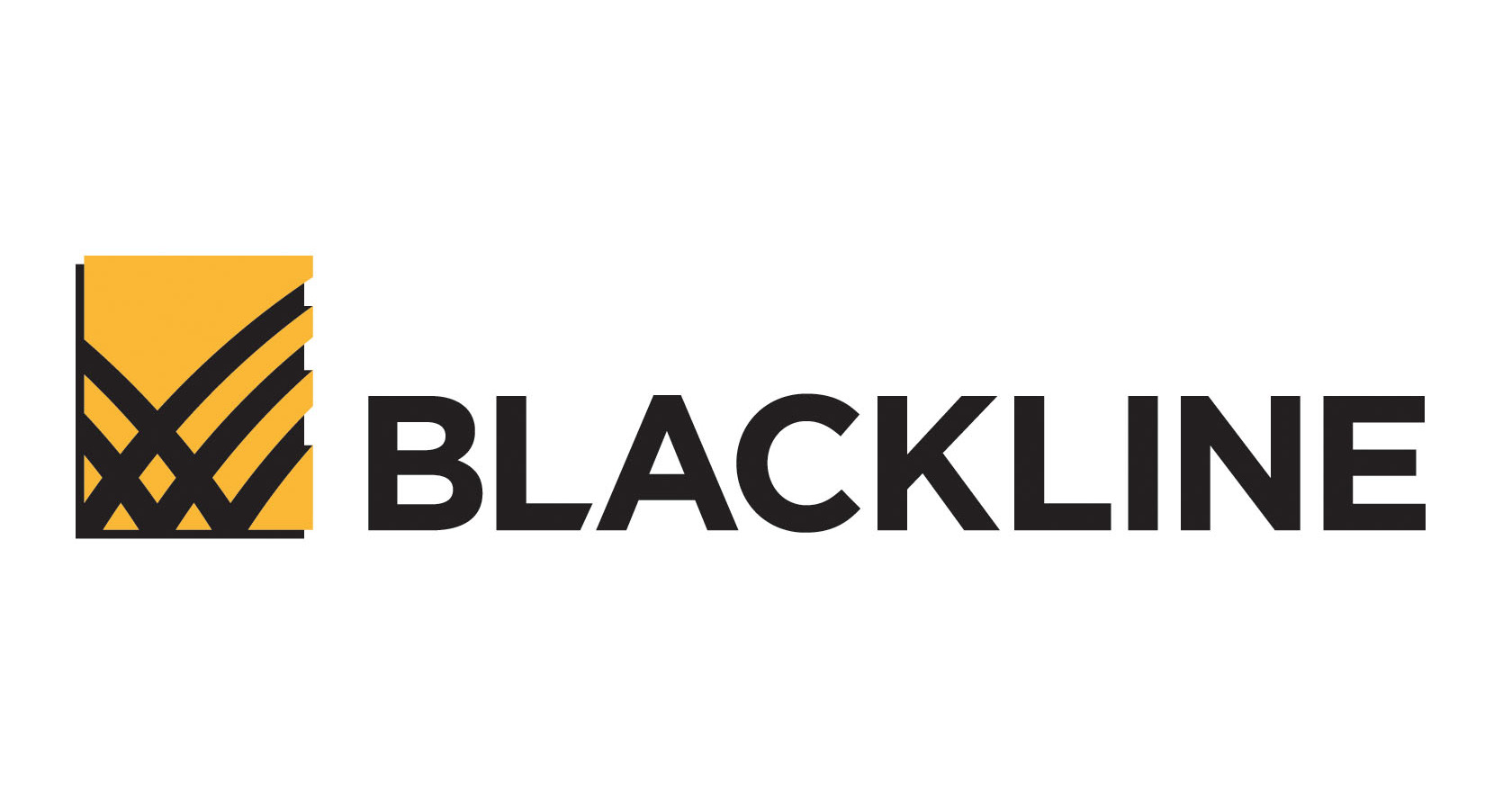nbkc Bank Expands Banking-as-a-Service Suite with...
- 27.10.2025 08:35 am
Mastercard Launches Merchant Cloud to Simplify and...
- 15.10.2025 02:35 pm
Nutanix And OVHcloud Announce Nutanix Cloud Clusters...
- 02.10.2025 10:40 am
Finova Partners With Escode To Launch Escrow As A...
- 30.09.2025 10:15 am
VAST Data Accelerates Hyperscale Cloud Expansion,...
- 26.09.2025 10:25 am
Alibaba Cloud Unveils Strategic Roadmap For The Next...
- 24.09.2025 12:45 pm
Beeks Secures TMX Datalinx as a Significant Exchange...
- 22.09.2025 09:25 am
Two Partners With Komplett to Combat Rising B2B Fraud...
- 04.09.2025 09:45 am
CIMB Bank Vietnam Migrates Nearly One Million Cards in...
- 03.09.2025 04:25 pm
Eastnets Achieves AWS ISV Partner Status,...
- 29.08.2025 09:45 am
Finastra and NTT DATA Expand Lending Cloud Service to...
- 11.08.2025 09:45 am
Nutanix Recognised Among Top Multicloud Container...
- 04.08.2025 11:40 am






















